|
Recently I have been sweating buckets. Maybe you can imagine already that this idiom means to sweat, A LOT! Buckets can be used to collect water, and often in an emergency. When a boat (a small boat) is filling with water this is a problem, the boat could sink. We use a small bucket to take the water out of the boat. Another problem is if we have a leak in our roof or ceiling and water is dripping down on the floor. When this happens we usually use a bucket to collect the water. If we need a 'bucket' there is too much water. If we are sweating a lot the feeling is not good, and we are uncomfortable. We use 'bucket' to mean it's too much. "It's so hot today! I'm sweating buckets!!!!!" 英会話レッスン 吉祥寺、新宿、渋谷
Here is a natural English sentence: “Last night I went out for a drink with some friends.” The main point is spending time with friends, we had a drink together. We don’t say “Last night I went drinking with my friends.” It sounds too serious. The main point here sounds like drinking, your main mission is to drink alcohol! 危ない! "I went out with some coworkers for a few drinks last night. We had a great time!" 英会話レッスン 吉祥寺、新宿、渋谷
We don't "present" someone a gift. We give them a gift. OR we give them a present. Present and gift are both nouns and they have the same meaning. Give needs an object, we have to give someone something. Study these examples: “I gave my girlfriend a birthday present.” “My brother gave me his old guitar.” “Henry's company gave him a gold watch and a $5000 bonus after 25 years with the company.” This present is a noun (名詞) not a verb (動詞)! 英会話レッスン 吉祥寺、新宿、渋谷
Last week I bought a new pair of shoes. They are 真っ白. My shoes are PURE WHITE, but they will get dirty soon I think! I was walking through the park one evening and it was very dark. I heard someone say 真っ黒です. In English we say it's PITCH BLACK. Why aren’t 真っ白 and 真っ黒 the same in English? 真っ is an adjective, it means totally or completely. We use PURE with colors in English. Pure red means completely red. But when we talk about how dark it is (闇) we use the expression PITCH BLACK. You mean pitch? No no. Pitch is a kind of tar used to fix roads or holes in a roof and it is very black. "Pitch black" means it's as dark as pitch. "We lost power during the thunderstorm. My house was pitch black." 英会話レッスン 吉祥寺、新宿、渋谷
USE can be a verb or a noun and the pronunciation is slightly different. Look at these examples:
The word 'USE' can be a verb (使う) ~ "May I use your telephone? I have to call my Mom." The verb form has a Z (zee) sound at the end. YOUZ The word 'USE' can also be a noun (用途) ~ "Studying English is a great use of your time." The noun form has an S (ess) sound at the end. YOUS
英会話レッスン 吉祥寺、新宿、渋谷
2015 is the year of the sheep! Here are 2 idioms with the word sheep black sheep (of the family) = the worst member of a family or group. "Brenda is the black sheep of the family. She always gets in trouble with the police." A: "My brother has been kicked out of school 3 times in 4 years!" B: "What do you expect from the black sheep of the family?" *It's common to just say (the) black sheep to mean the worst person in a family/group. In the example above you could also say: A: "My brother has been kicked out of school 3 times in 4 years!" B: "What do you expect from the black sheep?" wolf in sheep's clothing = a dangerous person pretending to be harmless. "My new coworker seemed to be a very friendly guy, but we later found out that he was a wolf in sheep's clothing. He lied to us and was caught stealing from the company." 英会話レッスン 吉祥寺、新宿、渋谷
The words 'famous' and 'popular' are sometimes confused by many of my private students. These 2 words can often describe the same thing or person... BUT ...they do not mean the same thing. Both are adjectives and although they are similar, they are used differently. Look at these definitions with examples: famous (有名な) = known about by many people ~ a famous artist/hotel ~ the most famous lake in Italy "One day, I'll be rich and famous." ~ famous for something "He became internationally famous for his novels." ~ famous as something "She was more famous as a writer than as a singer." popular (人気) = liked or enjoyed by a large number of people ~ a hugely popular singer "This is one of our most popular designs." "Skiing has become very popular recently." ~ popular (with somebody) "These policies are unlikely to prove popular with middle-class voters." "I'm not very popular with my parents at the moment." (= they are annoyed with me) Try this example: "Tokyo Disneyland is a famous family theme park, but Tokyo Disney Sea is more popular with couples and adults. Probably because you can drink beer there!" 英会話レッスン 吉祥寺、新宿、渋谷
Golden week National holiday 祝日 Vacation 旅行 Consecutive (in a row) 連続した A: "What will you do for golden week?" B: "I will use 2 of my paid holidays together with the national holidays to get 9 consecutive days off. It's a good chance to take a vacation with my family." Saturday May 2nd to Sunday May 10th is 9 days in a row. 英会話レッスン 吉祥寺、新宿、渋谷
|
English 808Dave has been teaching English to Japanese students since 2006! Archives
August 2015
Categories |

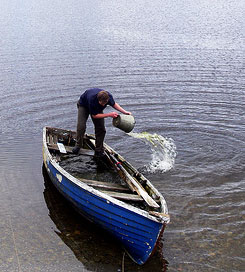

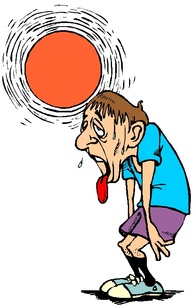
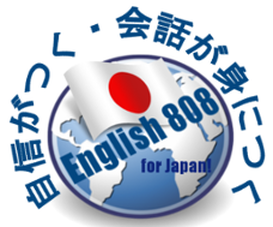
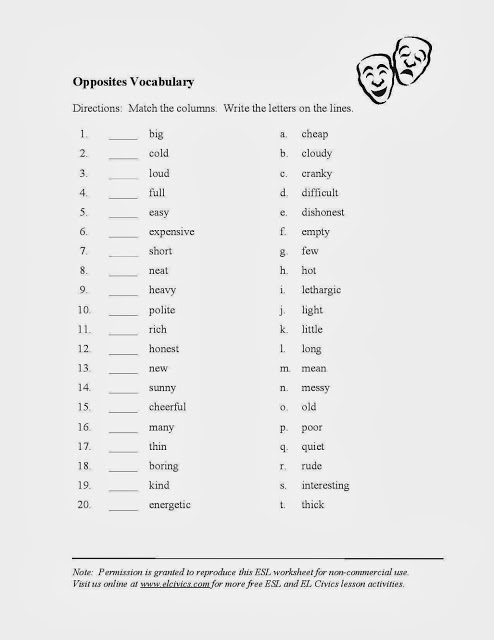

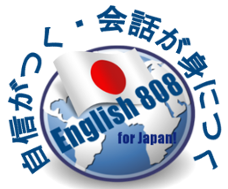

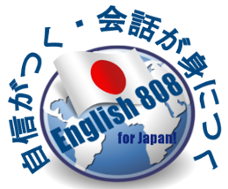

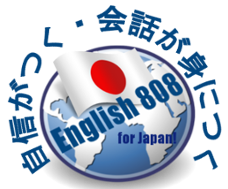
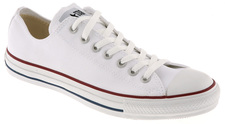
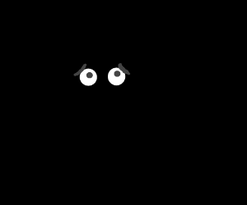

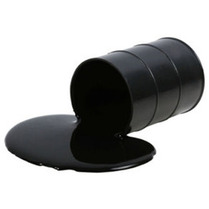
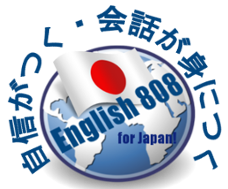
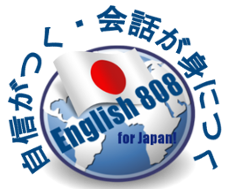

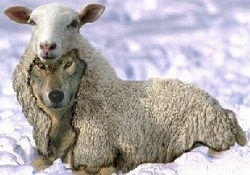
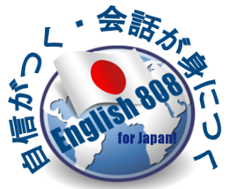
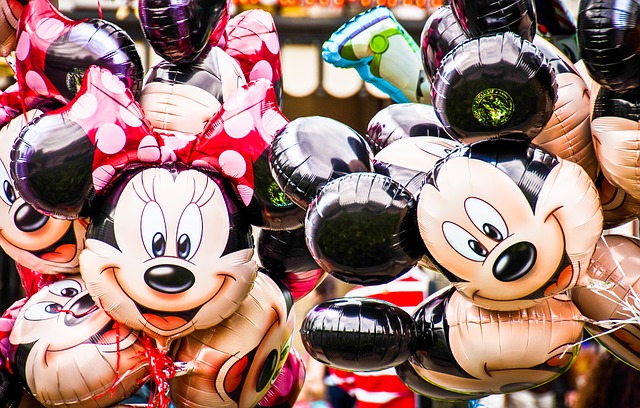
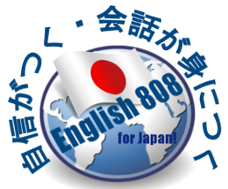

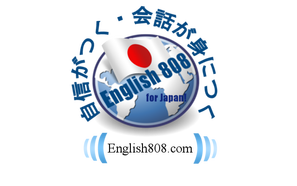
 RSS Feed
RSS Feed
